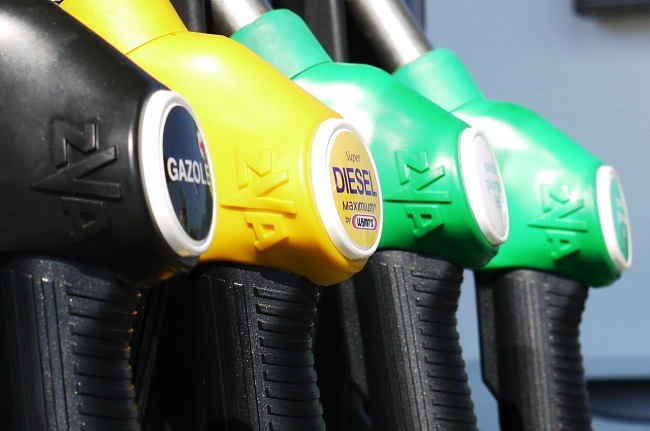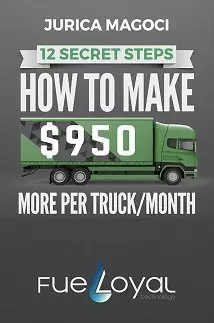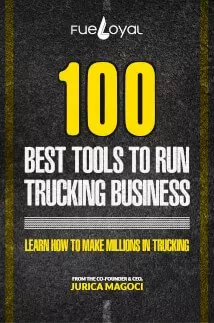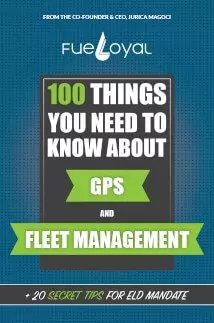So until the reality catches up with the dream, diesel is the primary fuel of choice in the trucking industry. You might ask why diesel, why not gasoline? To answer this we must look at the bigger picture of how, then we can look at the why…
How The Fuel Is Produced?
Diesel fuel is simply the fuel source used in diesel engines, duh! But it is also refined in its own way to serve a greater purpose than just run the engine. They are more fuel efficient and run better in a variety of weather conditions.
So, what is diesel fuel? It is a combination of hydrocarbons obtained through the distillation of crude oil. The key properties that characterize diesel fuel include cetane number (or cetane index), fuel volatility, density, viscosity, sulfur content and cold behavior. Diesel fuel also differs from refinery, by grade, and even country produced.
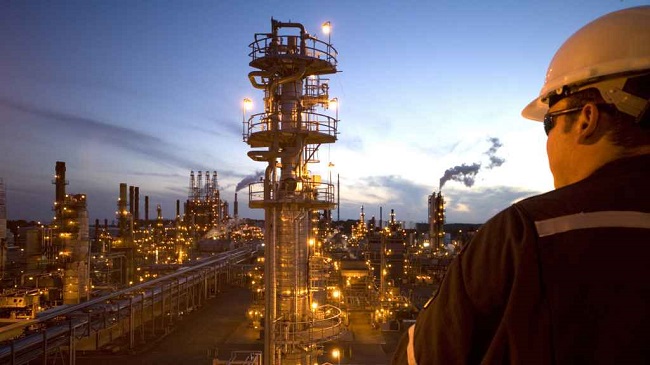
Like so many things, diesel fuel was just one of many experiments that ultimately produced a great product. Rudolf Diesel, a German scientist and inventor, originally worked with coal dust, peanut oil, and other vegetable oils before developing diesel fuel in 1892. He demonstrated it at both the 1900 Paris Exposition and the 1911 World’s Fair in Paris.
